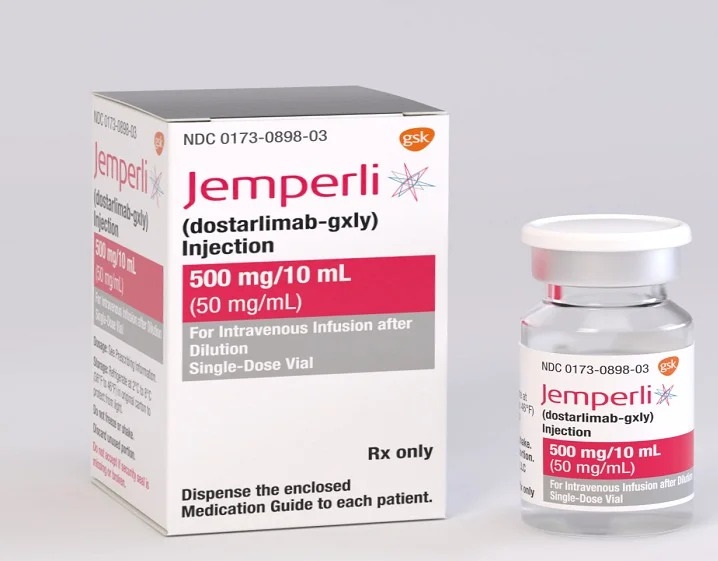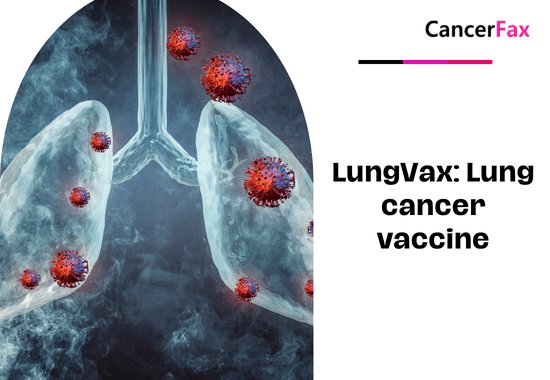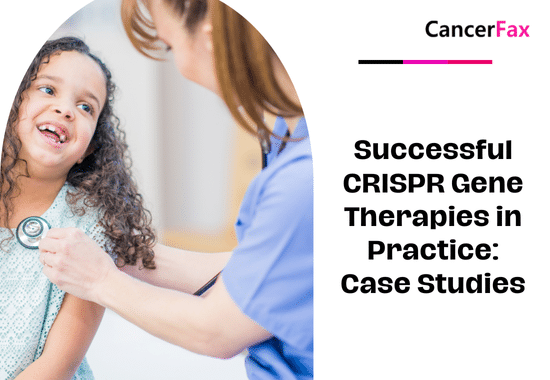Feb 2023: Dostarlimab-gxly (Jemperli, GlaxoSmithKline LLC) was given FDA approval to treat adult patients with mismatch repair deficient (dMMR) recurrent or advanced endometrial cancer that has progressed during or after a prior platinum-containing regimen in any setting and who are not candidates for curative surgery or radiation, as determined by an FDA-approved test.
Dostarlimab-gxly gained accelerated approval in April 2021 for adult patients with dMMR recurrent or advanced endometrial cancer that has progressed during or after a prior platinum-containing therapy, as determined by an FDA-approved test.
GARNET (NCT02715284), a multicenter, multicohort, open-label experiment carried out in patients with advanced solid tumours, examined efficacy for the standard approval. A cohort of 141 patients with dMMR recurrent or advanced endometrial cancer who had advanced during or after receiving a platinum-containing treatment made up the efficacy population. Patients who had recently received systemic immunosuppressant medications for autoimmune disorders or who had previously received PD-1/PD-LI-blocking antibodies or other immune checkpoint inhibitors were excluded.
Overall response rate (ORR) and duration of response (DOR), as determined by blinded independent central review in accordance with RECIST v1.1, were the key efficacy outcome measures. Verified ORR was 45.4% (95% CI: 37.0, 54.0), with 15.6% of respondents responding fully and 29.8% responding partially. With 85.9% of patients having durations under 12 months and 54.7% having durations over 24 months (range: 1.2+, 52.8+), the median DOR was not met.
The most frequent negative effects (20%) were asthenia/fatigue, anaemia, rash, nausea, diarrhoea, and vomiting. Pneumonitis, colitis, hepatitis, endocrinopathies, nephritis with renal failure, and skin adverse reactions are examples of immune-mediated adverse reactions that can happen.
Doses 1 through 4 of dostarlimab-gxly should be administered at a dose and schedule of 500 mg every three weeks. The next dose is 1,000 mg every 6 weeks starting 3 weeks after dose 4, continuing until the disease progresses or there is intolerable harm. Dostarlimab-gxly should be given intravenously over the course of 30 minutes.
View full prescribing information for Jemperli.


